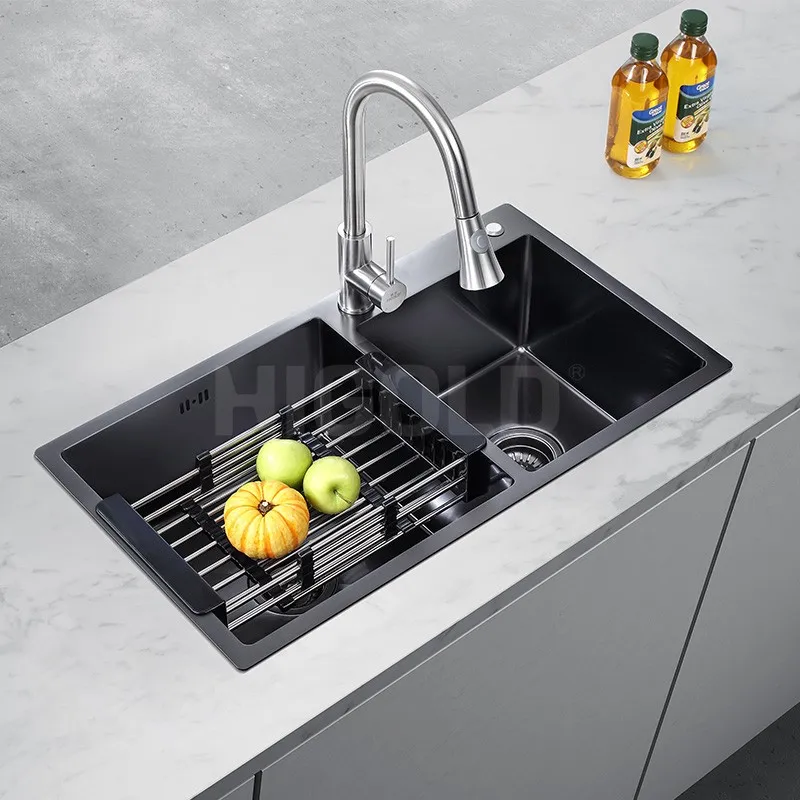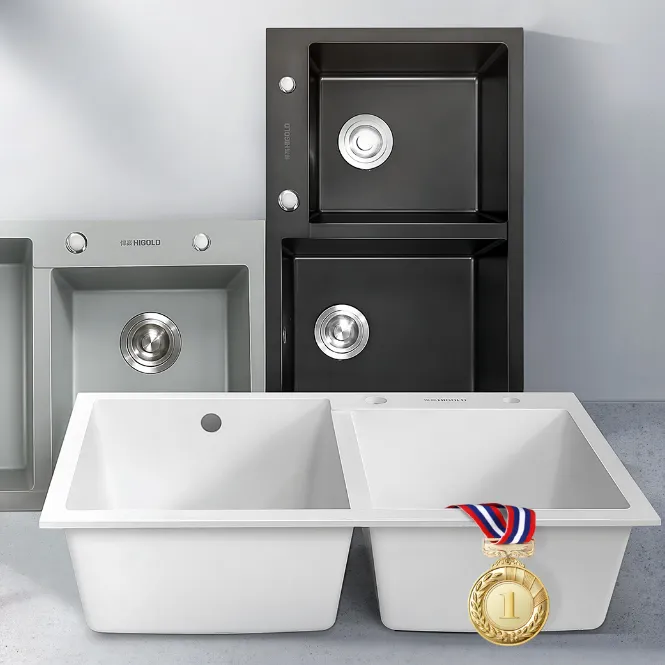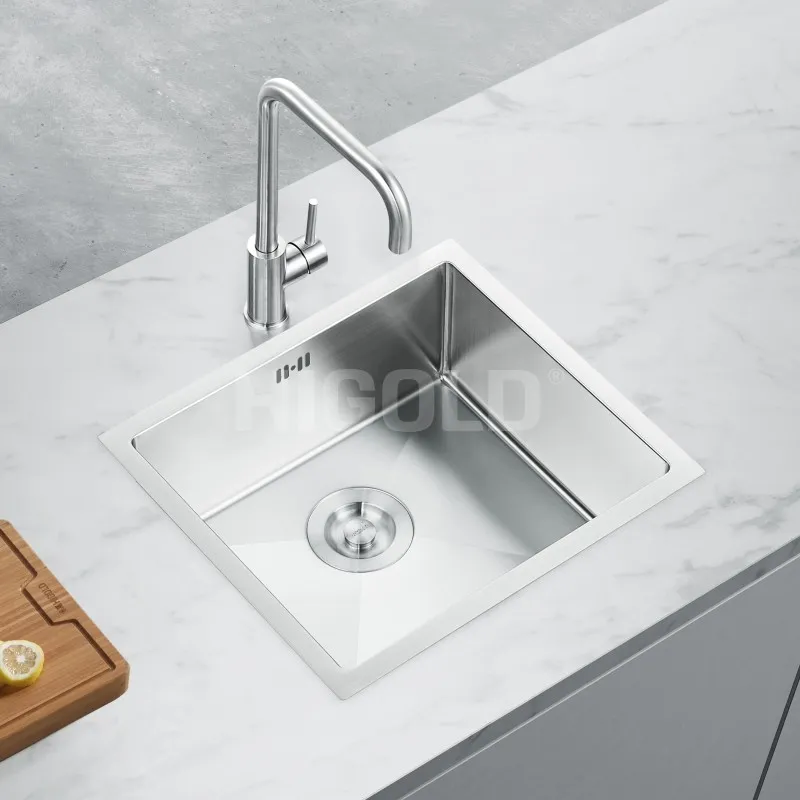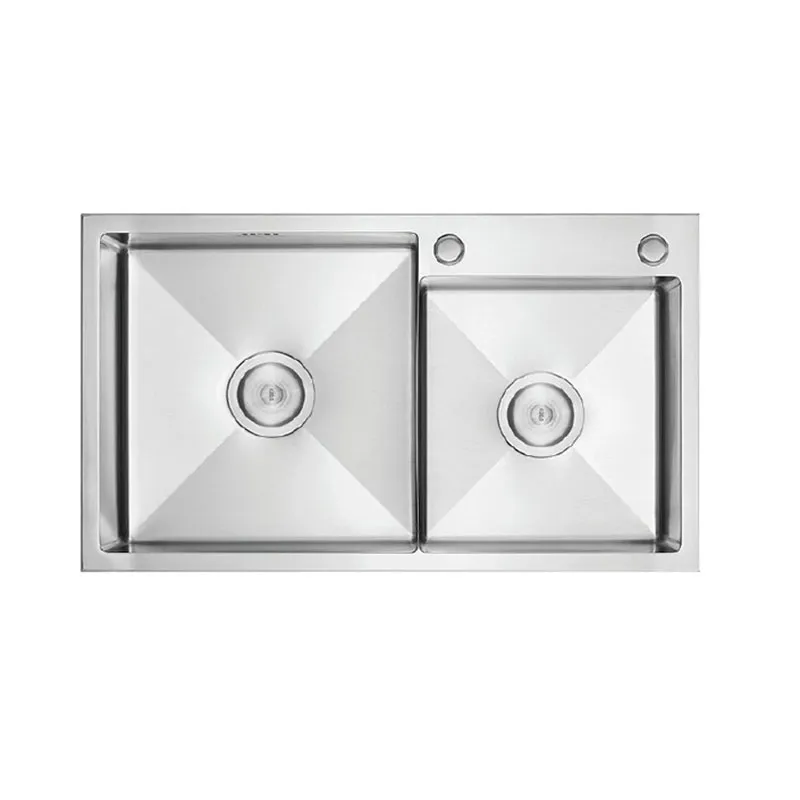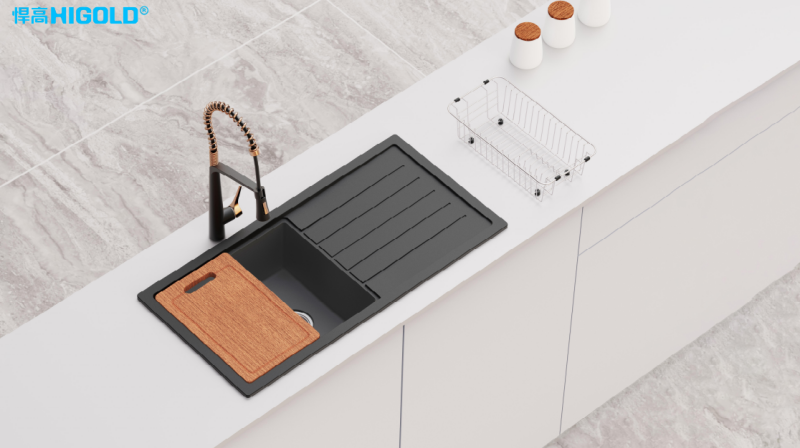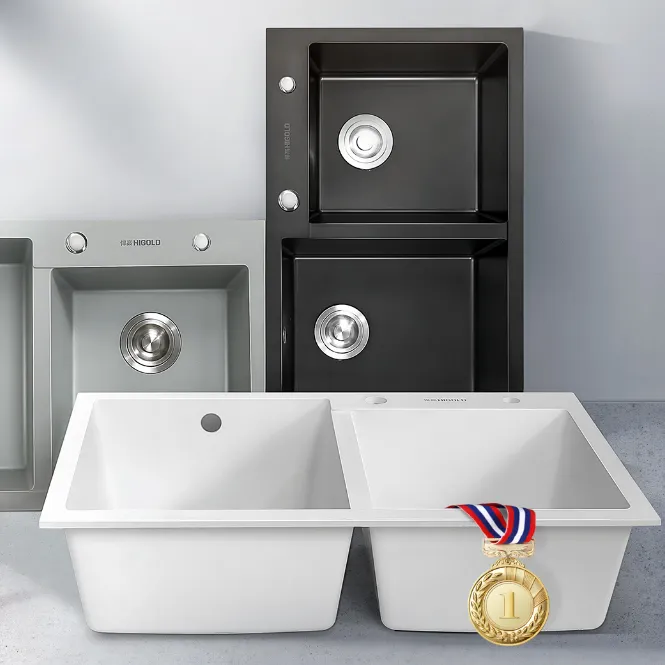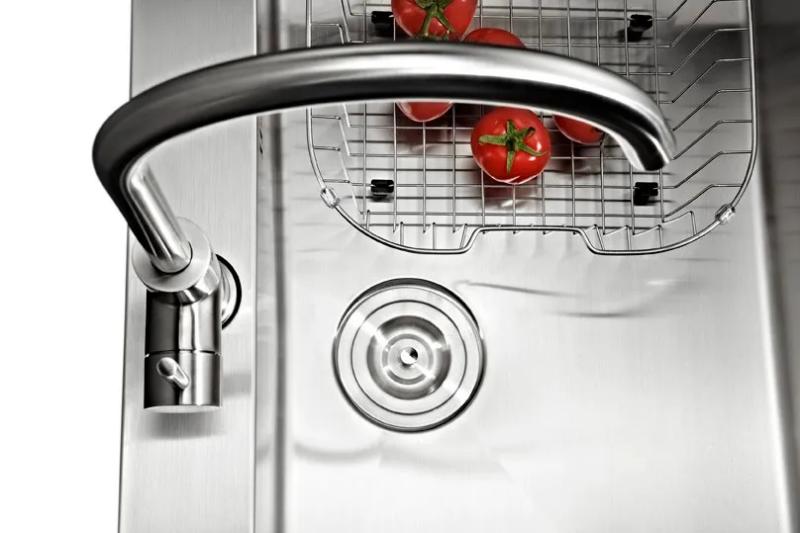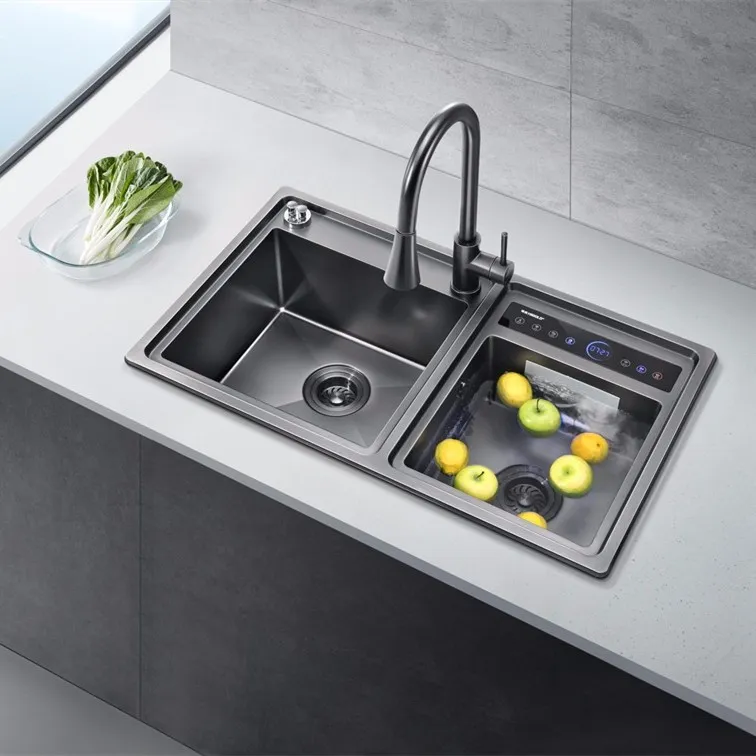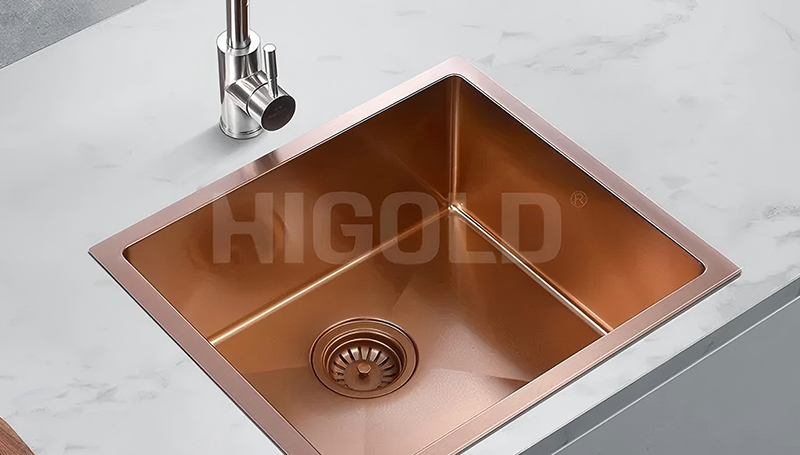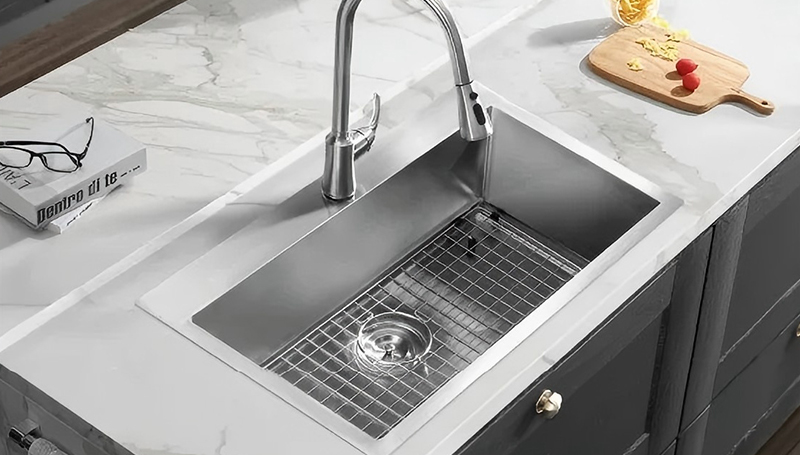Pros of topmount kitchen sink:
Easy installation and short construction period
Good waterproof performance
Easier maintenance
Unique visual effect
Easy to clean
Cons of topmount kitchen sink:
May cause countertop pollution
Countertop is easily damaged
The outer edge is more abrupt, affecting the appearance
The problem of matching the size of the sink with the countertop
The edge of the sink is sharp, posing a safety hazard
2025-05-09
Learn More


